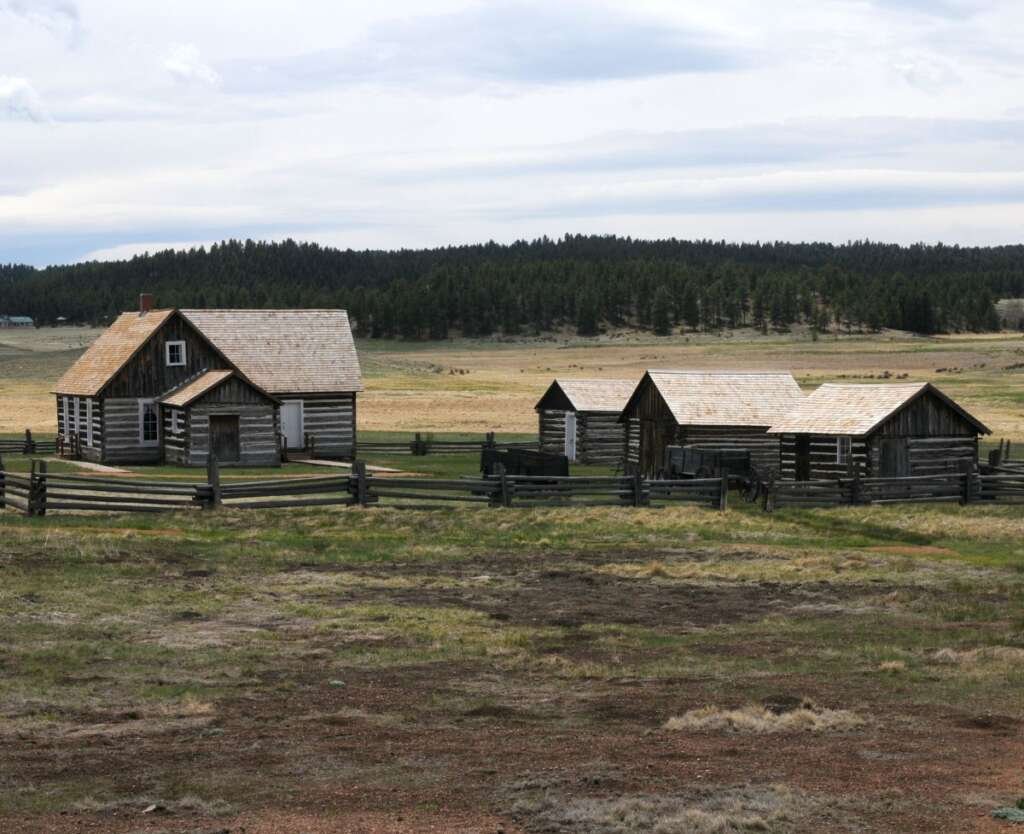Budding homesteaders and green thumb veterans continuously strive to reinvent their current homesteading techniques. Farmsteading is gaining popularity among young adults, so we’ll shed light on innovative and sustainable lifestyle practices. You can develop a more practical way of living with these ideas for every homesteader to improve their self-sufficiency skills.
Growing Unconventional Crops
There’s a world of exciting produce to explore beyond vegetable patches, including edible orchids and tree mushrooms! Researching unusual plants that thrive in local climates and soil types can transform your simple garden into a botanical haven.
Insects and Animals as Eco-Friendly Helpers
You can’t go wrong with adopting practices that enhance local ecosystems. Consider caring for native animals and insects on your homestead. For example, honeybees boost crop production, while ladybugs help to control pests. Goats can clear out weeds and supply natural, organic fertilizer. Managing a mini farm with insects and animals fosters harmony with the natural world while adhering to the appeal of homesteading.
Home Production: The Magic of Raising Bugs and Animals
The creatures under your care depend on what you want from your homestead. Do you want to make homemade products? Beekeeping is your calling! You can harvest, sell, or use honey in your kitchen. But that’s not all you can do with honey. Rendering beeswax at home would be the most rewarding project for homesteaders because it supplies a versatile material for creating candles, soaps, balms, or furniture polish.
Raising Goats and Chickens
Raising goats and chickens extends beyond their benefits for farms. You can use goat’s milk for artisanal cheeses or soap. Use chicken eggs in your meals and their feathers as raw materials for sewing projects.
Boost Your Energy Efficiency With Clever Hacks
Being more energy efficient is a goal for many people. By capitalizing on solar energy, converting waste into fuel, or using wind or water power, homesteaders can become self-sufficient. Adopting these methods also caters to the forward-thinking culture among millennials and Gen Z.
Composting and Soil Health: Think Twice Before Trashing
Waste reduction and recycling are big homesteading practices. Compost food and plant scraps to enrich the soil on your homestead. Ensuring your land is fertile improves crop yields while contributing to sustainable living and resource conservation.
While every homestead circumstance varies, these tips and tricks to homesteading can spark your imagination and present exciting opportunities. In the process, you can contribute positively to the planet!
